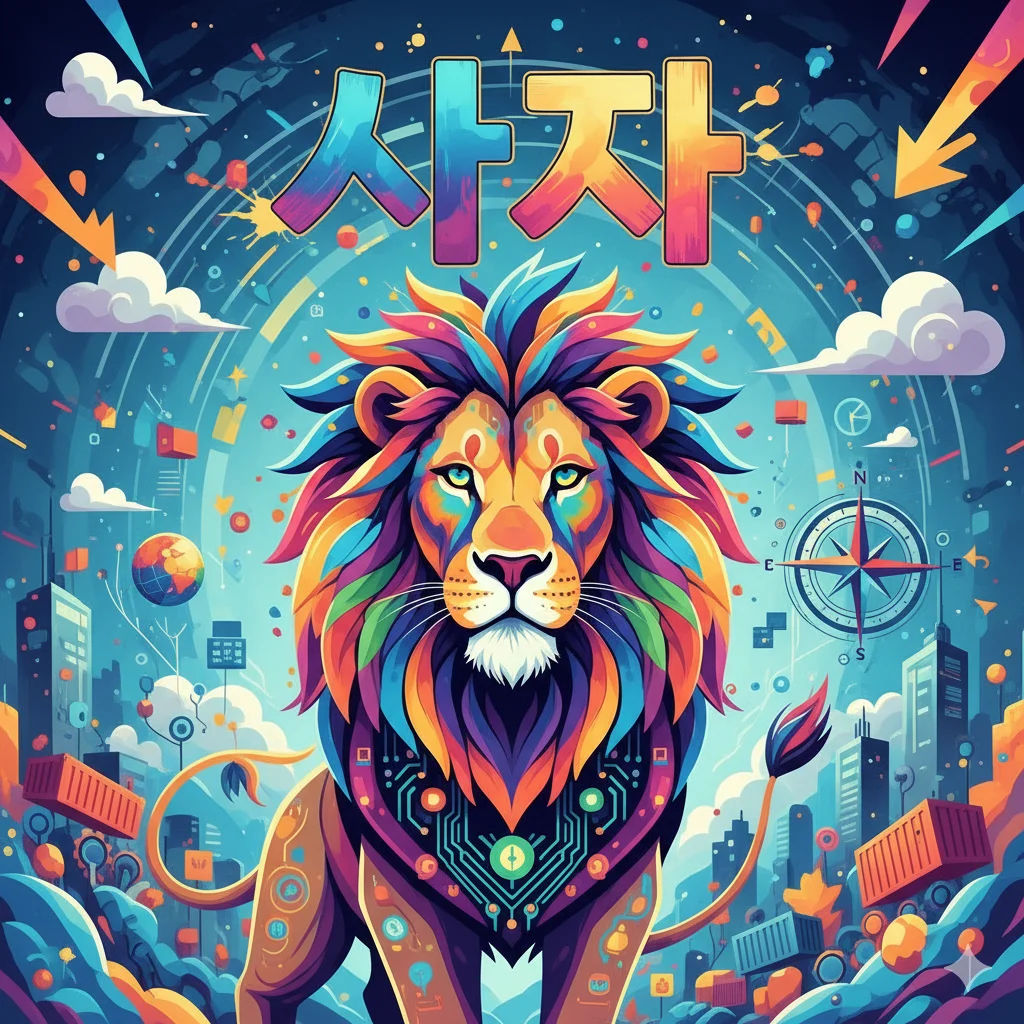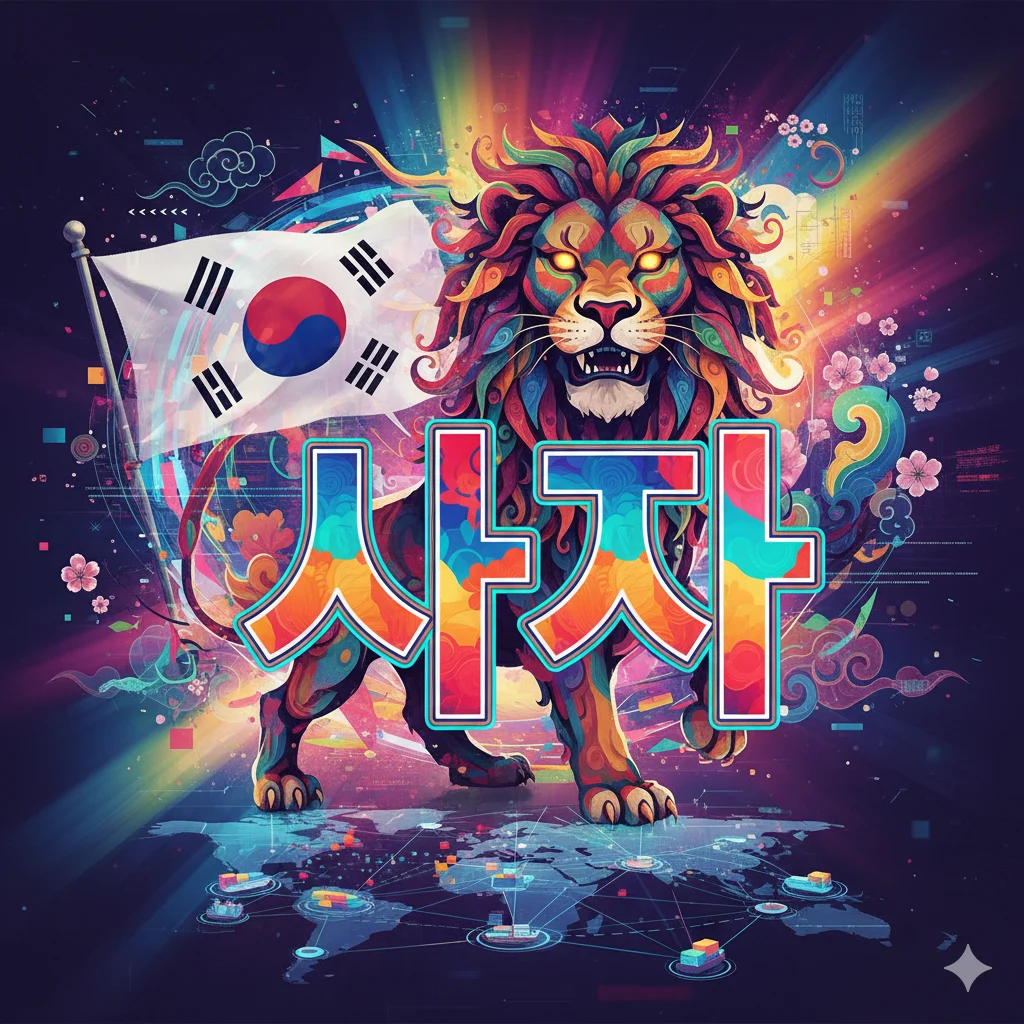Korean language and culture have captivated global audiences through K-dramas, K-pop, and online communities. One term that sparks curiosity is “saja”. People often ask, “What does saja mean in Korean?”
In Korean, saja (사자) literally translates to “lion”, but its meaning can vary depending on context. It appears in literature, social media, gaming, and conversation to describe courage, strength, or literal references to lions.
Understanding saja meaning can help learners of Korean, K-pop fans, and social media users navigate conversations more confidently.
Meaning & Definition

Saja (사자) primarily means “lion” in Korean. The word is commonly associated with:
- Courage and bravery (as lions are a symbol of strength)
- Literal references to the animal in stories, media, and symbolism
Example sentences:
- “저 사람은 정말 사자 같다” → “That person is like a lion” (meaning brave or strong).
- “이 사자는 한국 사자입니다” → “This lion is a Korean lion.”
Background

The word saja has been part of the Korean language for centuries, rooted in literature, folklore, and symbolism. Lions are not native to Korea, but the animal is widely used in art, proverbs, and mythology to symbolize strength, courage, and leadership.
Modern usage:
- Appears in K-pop lyrics, online forums, memes, and digital stickers.
- Used in gaming or social media handles to signify strength, courage, or dominance.
Usage in Different Contexts

Language & Literature
- In Korean literature, saja represents bravery or a heroic figure.
- Common in proverbs: “사자처럼 용감하다” → “Be brave like a lion.”
Social Media & Chat
- Online, saja meaning can be metaphorical, referring to someone who is brave, confident, or dominant.
- Users may include lion emojis 🦁 alongside the word to emphasize meaning.
Pop Culture & K-pop
- K-pop groups may use saja in lyrics or stage names to evoke strength and charisma.
Meaning in Gaming, Sports & Branding

- In online games, saja may be used as a username or title, symbolizing power or leadership.
- Sports teams may use saja as mascots or logos for inspiration.
- Some Korean brands incorporate lions for strength imagery.
Common Misconceptions

- Not always literal: While “saja” literally means lion, online or conversational usage can be figurative.
- Not aggressive: Using “saja” to describe someone is typically complimentary, symbolizing courage or leadership.
- Confusion with zodiac: Some confuse “saja” with the Korean zodiac, but it is unrelated to astrology.
Similar Terms & Alternatives

- 호랑이 (horangi) → Tiger, symbolizes courage and power.
- 강자 (gangja) → Strong person or dominant figure.
- 사자성어 (sajaseongeo) → Four-character idioms including ‘lion’ or bravery references.
How to Use Saja in Conversation

- Compliment someone: “너 진짜 사자 같아!” → “You’re like a lion!”
- Describe bravery in stories, social media posts, or K-pop references.
- Use with lion emoji 🦁 in chat or social media captions for emphasis.
Relevance in Korean Culture & Modern Media

Saja is culturally significant because lions symbolize courage and leadership. Modern media, social platforms, and K-pop references have increased its popularity globally. Understanding saja meaning allows learners to appreciate Korean culture and use the word in correct contexts.
FAQs
Q1: Does saja always mean lion in Korean?
A1: Literally yes, but it is also used metaphorically for bravery and leadership.
Q2: Can I use saja to describe someone online?
A2: Yes, it’s often a compliment symbolizing courage or dominance.
Q3: Is saja related to astrology?
A3: No, it is unrelated to Korean zodiac signs.
Q4: Are there similar words to saja?
A4: Yes, like 호랑이 (horangi) for tiger or 강자 (gangja) for a strong person.
Conclusion
Understanding what saja means in Korean enriches your knowledge of the language and culture. The term represents not only a lion but also symbolizes courage, strength, and leadership. From K-dramas to social media, gaming, and K-pop, saja usage reflects admiration and respect in various contexts. Using it appropriately in conversation or online allows learners and fans to engage authentically with Korean culture while appreciating its symbolic depth.


